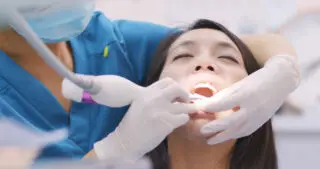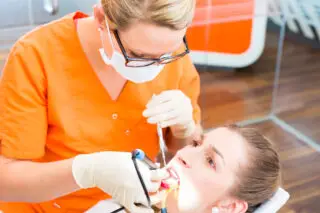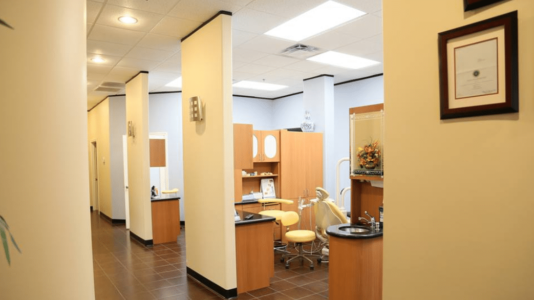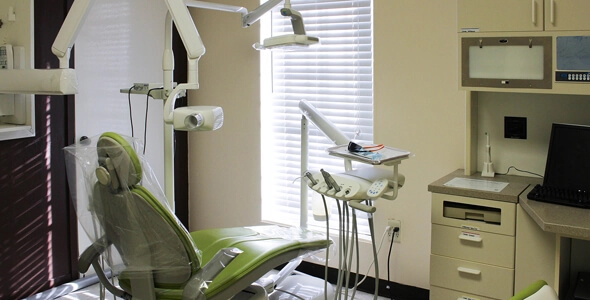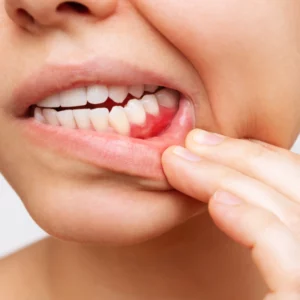Sometimes, just getting a standard cleaning from a dental hygienist is not enough. The bacteria from your mouth can easily invade below your gum line or you might suffer from some periodontal disease. You need a thorough periodontal gum cleaning in order to restore your oral health.
What is a dental deep cleaning?
Dental deep cleaning is also known as periodontal scaling and root planing, or SRP. It is a simple procedure and feels similar to a routine teeth cleanup. However, it focuses primarily below your gum line and on the outer surface of the roots. It is a special cleaning that is very helpful in case of any tartar buildup that might cause gum infection. Sometimes pockets form in the gums that widen your gum line and pull it away from your teeth. If left untreated, it can even lead to a loss of connective tissue that can even lead to teeth loss.
Does dental deep cleaning hurt?
Dental deep cleaning can be a little uncomfortable. Your dentist will use a local anesthetic to make your gums numb during cleaning. After the procedure, your gums will reasonably seem a little tender, and may even bleed slightly. Bleeding after the procedure is fairly common especially during brushing your teeth, even gently, during the first few days. Your teeth can also feel a little sensitive to cold or hot sensations for the first few days after the treatment. Sometimes, it might take a couple of weeks before all sensitivity disappears. All of these are completely normal. To help you recover from the procedure faster, your dentist might recommend an over-the-counter pain reliever, a sensitive mouthwash, and a desensitizing toothpaste.
How to prepare for your dental deep cleaning?
While making an appointment for a deep dental cleaning, your dentist will need to know about your health history. Dental deep cleaning can release some escaped bacteria into your bloodstream. So if you have had AIDS, liver disease, a heart condition, a replaced joint, or any other illness that might weaken your immune system, you will naturally be at more risk of suffering from an infection after the procedure. In such cases, your dentist will take a few extra precautions during the procedure to decrease the risk and will mostly prescribe an antibiotic that you will have to start before your appointment.
If you are on some blood thinners like Pradaxa, Warfarin, Eliquis, or Plavix, your dentist might recommend that you should stop that medication before the procedure for a few days. Nevertheless, this will have to be coordinated with your other doctor who put you on the blood thinner. You will have to consult them before pausing the medication.
How long does a deep dental cleaning take?
Deep dental cleaning is a short procedure and usually takes one or two-hour visits. However, if you have a widespread infection or possess multiple trouble spots, your dentist will have to work on up to two quadrants of your mouth in every appointment.
Aftercare
After a deep cleaning or perio cleaning procedure, you will get some aftercare instructions from the dentist based on your unique situation. You will have to visit the dentist for regular cleanings more frequently than usual to help in preventing any new infection and to help you heal.
Most people have no or very few problems after a deep dental cleaning. With good home care after the procedure, you will be able to see an improvement rapidly. Your gums will appear pink and firm, instead of swollen, tender, and red. Your gum pockets will shrink and your mouth will feel healthy.
Conclusion
Getting a deep dental cleaning will help in managing the infection. It will promote healing and your overall health. You can prevent inflammation and infection present anywhere in your body with this procedure. It is essential for the health of your heart and can even help you live longer.



